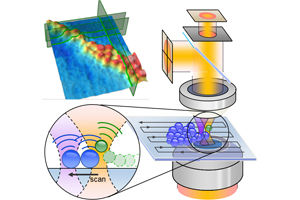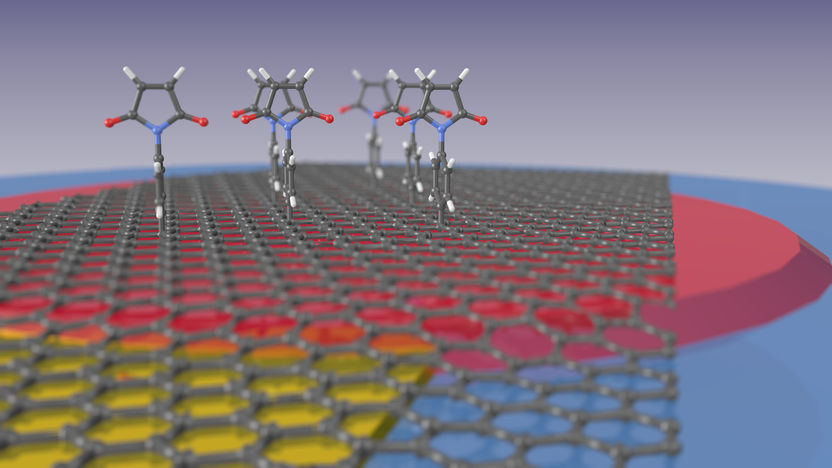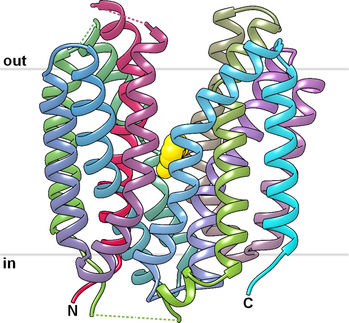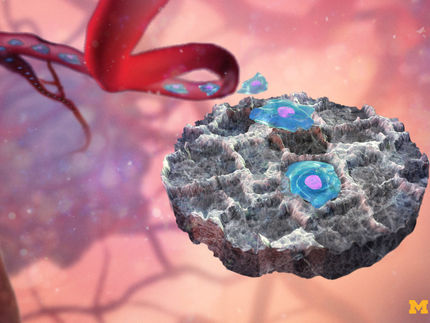New technique sorts drivers from passengers in cancer genomics, implicates GON4L
Tumor DNA is cluttered with genomic alterations, the vast majority of which have little or no functional or clinical relevance. This means that even when cancer researchers discover an alteration in a tumor or a line of cancer cells, the alteration may or may not be relevant to the progression of the disease - chances are good (and history has shown) that many alterations that are correlated with cancer are not causative of cancer; many alterations are "passengers" rather than "drivers". A University of Colorado Cancer Center study demonstrates a novel method for sorting passenger from driver alterations, and uses this method to pinpoint a new driver and potential therapeutic target in cancer progression, GON4L.
"Technology now allows us to fairly easily and inexpensively sequence the genomes of cancer cells. When we do, we find hundreds and perhaps thousands of genes altered. This work provides a method to identify likely cancer drivers among long lists of altered genes," says Dan Theodorescu, MD, PhD, director of the CU Cancer Center.
The innovation is in evaluating the impact these tumor gene alterations have not to tumor growth or patient outcomes, which is difficult to assess directly, but to a midpoint that reports on cancer progression.
"Many studies find that a gene is commonly altered in a population of cancer cells and then examine patient samples to see if higher gene levels are associated with worse clinical outcomes. If higher gene levels accompany poor patient outcomes, the gene is assumed to cause more aggressive disease. However, there are many steps between an altered gene and patient outcomes - many factors other than the altered gene that could be driving outcomes," Theodorescu says.
Instead, Theodorescu and colleagues examined the functional impact of candidate gene alterations on a well-established clinical maker and, importantly, driver of tumor progression. High levels of this gene marker, CD24, are robustly associated with poor patient prognosis and drives cancer in experimental models. It is not present in healthy tissues, but gains expression in many cancers including breast, prostate, bladder, ovarian, colorectal and pancreatic. As a proxy for cancer progression, the current study examined the effect of candidate genes on CD24 expression.
The study started with 176 candidate genes found to be over-expressed due to copy number gains, gene expression or mutation in bladder cancer patients. Of these candidates, the study found that GON4L affected both CD24 expression and tumor progression. The study then looked at how GON4L drives CD24 expression and tumor growth, finding that it associates with cancer cell androgen receptors to signal cells to survive and grow.
"First, this work shows a new method to identify potential cancer drivers. Second, we use this strategy to suggest that anti-androgen therapies may benefit patients with high GON4L and androgen-receptor expression," Theodorescu says.
Theodorescu suggests that the technique can be easily adapted to use other surrogate markers of tumor progression that suits the scientific question being asked thus providing other researchers a useful way to determine the importance of candidate cancer drivers. He also suggests that further work with GON4L may lead to treatment options for patients across a range of cancer types.
Original publication

Get the analytics and lab tech industry in your inbox
By submitting this form you agree that LUMITOS AG will send you the newsletter(s) selected above by email. Your data will not be passed on to third parties. Your data will be stored and processed in accordance with our data protection regulations. LUMITOS may contact you by email for the purpose of advertising or market and opinion surveys. You can revoke your consent at any time without giving reasons to LUMITOS AG, Ernst-Augustin-Str. 2, 12489 Berlin, Germany or by e-mail at revoke@lumitos.com with effect for the future. In addition, each email contains a link to unsubscribe from the corresponding newsletter.
More news from our other portals
Last viewed contents

Soft Probing with Optical Tweezers - Researchers have developed a method for measuring soft, structured surfaces using optical forces

Towards graphene biosensors

























































